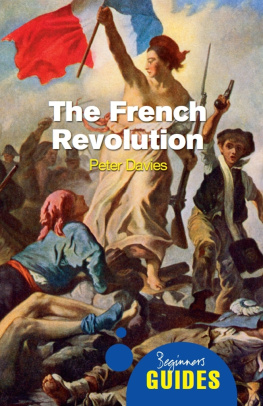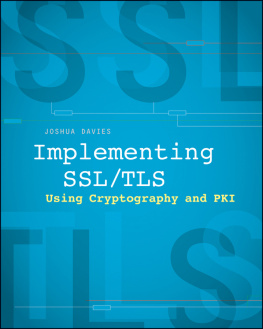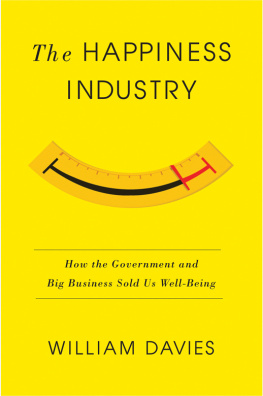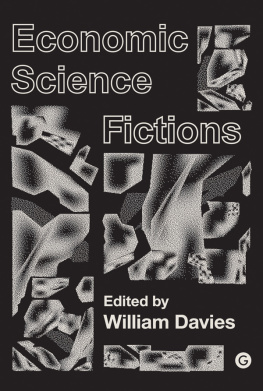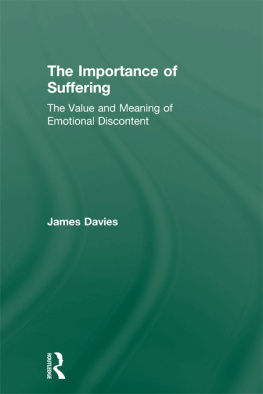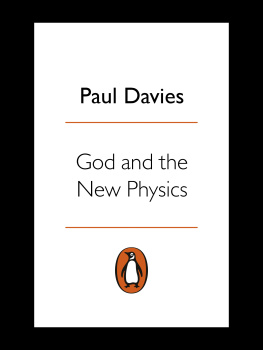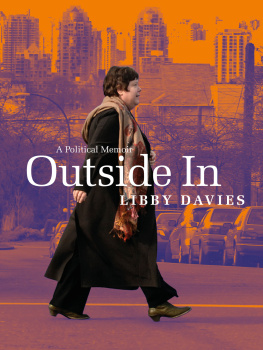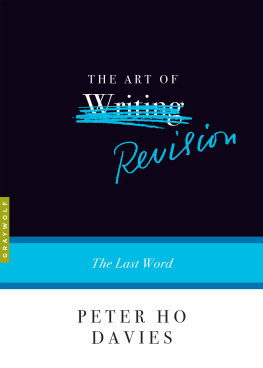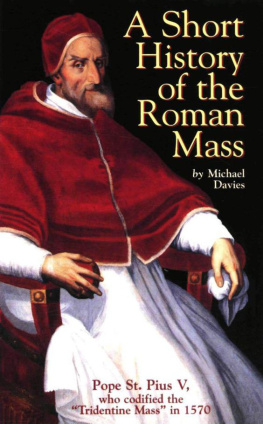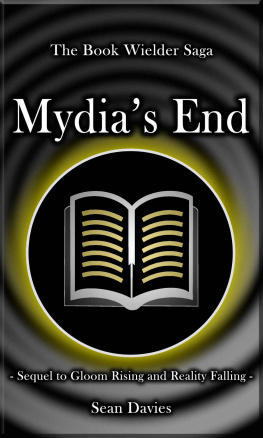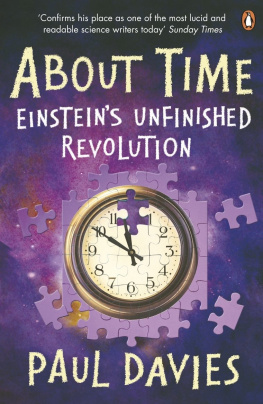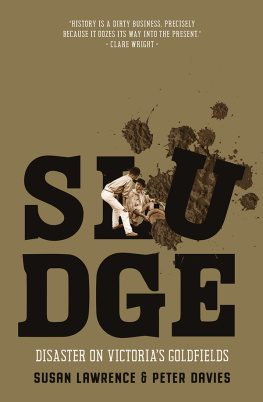The French Revolution
A Beginners Guide
ONEWORLD BEGINNERS GUIDES combine an original, inventive, and engaging approach with expert analysis on subjects ranging from art and history to religion and politics, and everything in between. Innovative and affordable, books in the series are perfect for anyone curious about the way the world works and the big ideas of our time.
anarchism
artificial intelligence
the beat generation
biodiversity
bioterror & biowarfare
the brain
the buddha
censorship
christianity
civil liberties
classical music
cloning
cold war
crimes against humanity
criminal psychology
critical thinking
daoism
democracy
dyslexia
energy
engineering
evolution
evolutionary psychology
existentialism
fair trade
feminism
forensic science
french revolution
history of science
humanism
islamic philosophy
journalism
lacan
life in the universe
machiavelli
mafia & organized crime
marx
medieval philosophy
middle east
NATO
oil
the palestineisraeli conflict
philosophy of mind
philosophy of religion
philosophy of science
postmodernism
psychology
quantum physics
the quran
racism
the small arms trade
sufism


A Oneworld Paperback Original
Published by Oneworld Publications 2009
Reprinted 2011
This ebook edition published in 2012
Copyright Peter J. Davies 2009
The right of Peter J. Davies to be identified as the Author of this work has been asserted by him in accordance with the Copyright, Designs and Patents Act 1988
All rights reserved
Copyright under Berne Convention
A CIP record for this title is available from the British Library
ISBN 978-1-85168-693-3
ebook ISBN 978-1-78074-157-4
Typeset by Jayvee, Trivandrum, India
Cover design by Simon McFadden
Oneworld Publications
185 Banbury Road
Oxford OX2 7AR
England
Stay up to date with the latest books, special offers, and exclusive content from Oneworld with our monthly newsletter
Sign up on our website
www.oneworld-publications.com
This book is dedicated to Emily and Leo
Acknowledgements
I would like to thank Fiona Slater and Marsha Filion at Oneworld for inviting me to write this book and Dawn Sackett and Isobel Brooks for their comments on the manuscript.
Introduction
The French made, in 1789, the greatest effort that has ever been made by any people to sever their history into two parts so to speak, and to tear open a gulf between their past and their future. In this design, they took the greatest care to leave every trace of their past condition behind them; they imposed all kinds of restraints upon themselves in order to be different from their ancestry; they omitted nothing which could disguise them. I have always fancied that they were less successful in this enterprise than has been generally believed abroad, or even supposed at home .
Alexis de Tocqueville
The main aim of this book is to provide readers with an accessible introduction to the French Revolution. It will offer an overview of events and blend narrative with analysis. I will contextualise the revolution in terms of what preceded it (the Old Regime), what followed it (the Napoleonic Empire), and how historians have interpreted it. This will allow an examination of the ideas and ideologies that underpinned the revolution on the left and right in a neutral and non-partisan way; analysing both the revolution and the Counter Revolution and bringing the story of the revolution up to date, by considering the legacy of the event and how it is still relevant in French political life today.
The revolution was a unique event. It lasted a decade and incorporated a number of phases and regimes. However, the idea that it was one revolution singular, uniform and homogenous needs examining. In reality, as this volume will demonstrate, it was actually a collection of distinct but overlapping revolts. And historians can look at them through a variety of different prisms, whether social, economic or political.
As an event, the revolution remains complex and fascinating. In France today it is a key reference point and major source of controversy. Every generation of historians has different theories and perspectives on the revolutionary decade and in the early years of the twenty-first century the level of scholarly interest shows no sign of diminishing. In addition, politicians talk about the rights of man, tourism websites highlight landmarks such as the Bastille and the Tuileries, and ordinary people still argue over dinner about the pros and cons of 1789. It would appear that the Bicentenary celebrated in 1989 merely increased awareness of the event and its significance.
The structure of the book is broadly chronological. In chapter 1 I will consider the nature of the Old Regime. What were its main characteristics and features? And how was it justified from within? This will lead into an examination of how and why the revolution occurred in chapter 2. Here I will assess a number of theories: that the revolution was caused by enlightened ideas, by a crisis of the monarchy, by the ambitious manoeuvrings of the Third Estate (and, in particular, its middle-class leadership).
The following two chapters will evaluate the early revolution. Chapter 3 will focus on the various revolts of 1789 their character and significance; while chapter 4 will assess the liberal and constitutional phase of the revolution, 179092. The radicalisation of the revolution will be covered in chapter 5. Here the major historical debates are: Why did France go to war? How can we rationalise the Terror? And what was the relationship between revolutionary war and terror?
Thereafter, I look in other directions. In chapter 6 I shift the focus to the Counter Revolution. What forces opposed the revolution and how successful were they? In this section I am particularly interested in groups and individuals and their different approaches to combating the revolution. I then consider the post-Terror period. What did the Thermidorian Reaction (179495) mean for the revolution? And what were the aims and objectives of the Directory (179599)?
This brings me to the end of the revolutionary decade, but the aftermath and legacy of the revolution are also important. In chapter 9 I survey the revolutionary historiography through liberal, conservative, Marxist and revisionist phases. And in chapter 10 I measure the impact of the revolution today. In what ways does it resonate still?

